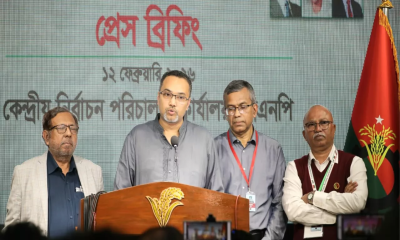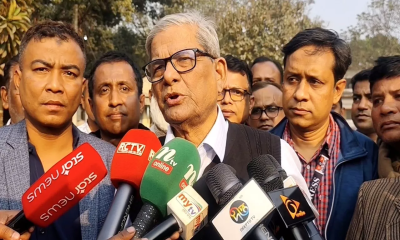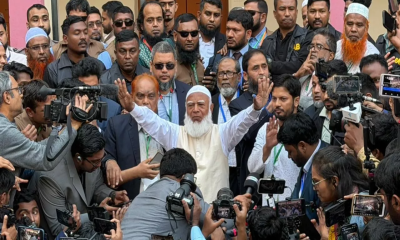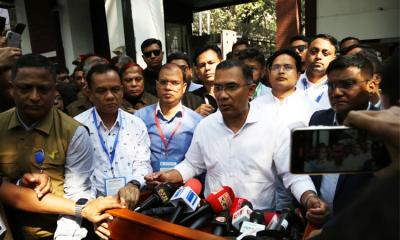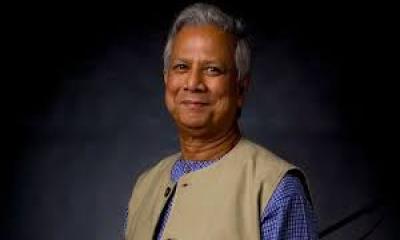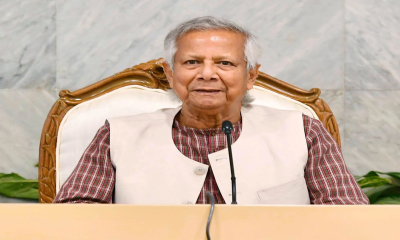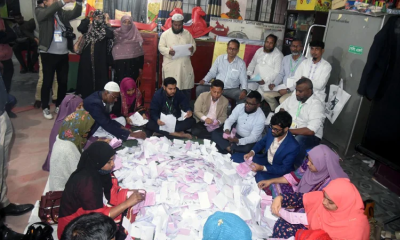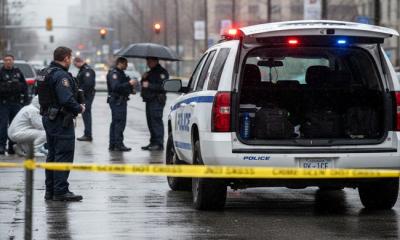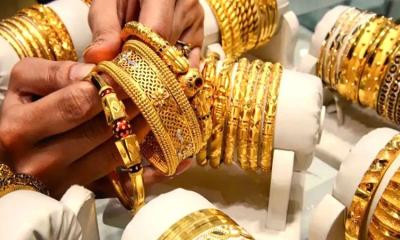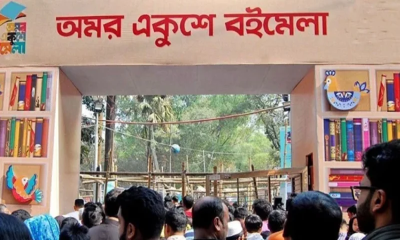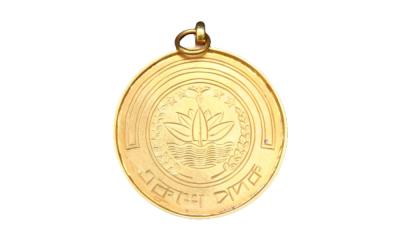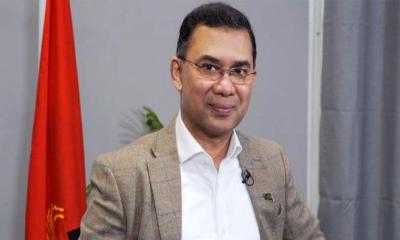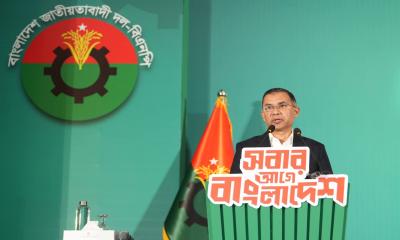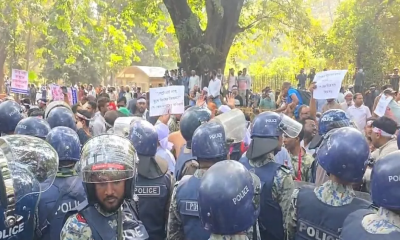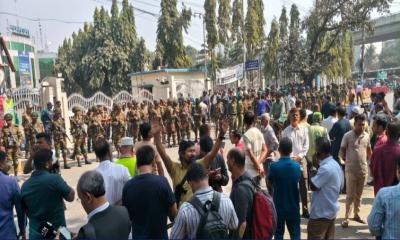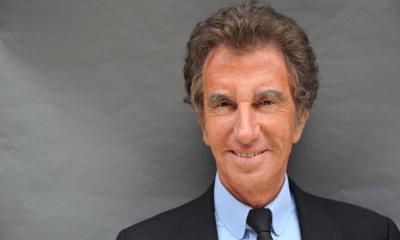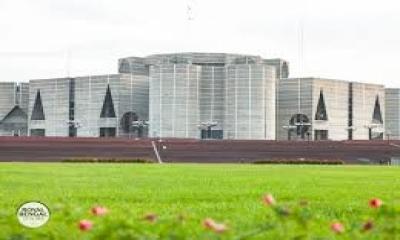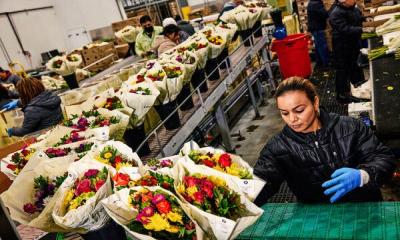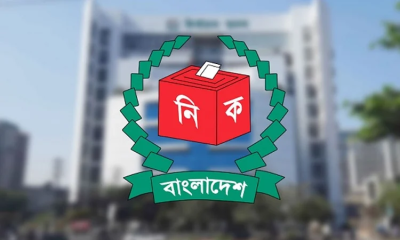The BNP is preparing a movement to demand fair parliamentary elections in December in order to restore democratic stability in the country.
The BNP has reiterated its strong demand for national elections by December this year, insisting that the chief adviser quickly provide an election roadmap. Hefazat-e-Islam Bangladesh supports the party’s demand, reports Dhaka Tribune.
However, before launching the movement, leaders of the BNP standing committee said that they have the opportunity to meet with Chief Adviser Dr Muhammad Yunus, and the party’s top leaders are planning the meeting. They hope that the discussion will provide a clear outline of the election schedule.
"BNP was waiting for the end of the Eid vacation and will now meet with the chief adviser to urge him to announce the election date," said Salahuddin Ahmed, a member of the BNP standing committee.
BNP Secretary General Mirza Fakhrul Islam Alamgir said that the ongoing political crisis can only be resolved with a clear roadmap for the elections, as this would allow political parties to prepare adequately.
Currently, the main topic of discussion among political parties is the announcement of the election date. Among them, Jamaat-e-Islami and the NCP have insisted on state reforms and on prosecuting the Awami League for the July-August crackdown, prioritizing these issues over the elections.
It is reported that the BNP and like-minded parties have agreed to hold programs addressing election preparations, the law and order situation, and other related issues. As part of these programs, top leaders of the BNP and allied parties have expressed their views on various issues without resorting to street protests. However, preparations are underway, and if the chief adviser fails to provide a clear election date, the BNP is ready to take to the streets demanding elections by December.
On Saturday night, Hefazat-e-Islam held a meeting with the BNP at the Gulshan political office of the BNP Chairperson. Following the meeting, BNP Standing Committee member Salahuddin Ahmed said that the chief adviser will soon provide a roadmap for the national election, enabling the election to be held in December.
"Sometimes we hear that the election will be held between December and June, and other times we hear it will be held between June and December. There is inconsistency, and some groups are trying to delay the election," he added.
A BNP leader said: "The leaders of Hefazat-e-Islam have demanded that the Awami League be banned as a political party, a demand we have publicly addressed in writing." The BNP top brass believes that some groups are attempting to delay the election process in order to extend the term of the interim government. Many leaders have claimed that there is an attempt to postpone the elections under the guise of implementing reforms.
BNP Secretary General Mirza Fakhrul Islam Alamgir said: "Many do not understand our position. We never say that elections should come first and reforms later; instead, we insist that minimum reforms must be implemented first to ensure fair and acceptable elections."
He added that a false narrative is circulating, claiming that the BNP does not support reforms.
Two-step movement
As the BNP prepares to take to the streets after six months of the interim government’s tenure, its primary demand will be early elections. The movement has been framed as a public-engaged program.
The first phase of their two-phase strategy involved protesting the rise in commodity prices during Ramadan, while the second phase will demand fair parliamentary elections as soon as possible to restore democratic stability in the country.
It is reported that this decision was made during a meeting of the Standing Committee, the BNP’s highest policy-making forum. According to party sources, the BNP will stage a second program to pressure the interim government, aligning with its demand for early elections following the completion of necessary reforms.
The BNP also said that discussions and programs with partner parties are ongoing as part of this initiative.
BNP Standing Committee member Gayeshwar Chandra Roy said that if the government is willing, elections could be held between July and August.
He said that the interim government cannot amend any laws or alter the articles and sub-articles of the constitution; it can only issue ordinances. The elected government, once in place, would implement changes. Therefore, in the future, the people`s elected parliament will be responsible for amending laws and constitutional provisions as needed. The interim government or any temporary body cannot issue such proclamations.
In a speech on March 26, Chief Adviser Professor Muhammad Yunus said: "I have spoken before about the elections, and I will say it again: the elections will be held between December this year and June next year."
He also expressed hope that political parties would begin preparing for the elections. However, the BNP, one of the major political parties, expressed disappointment with his statement. Since last December, the party has been demanding a specific roadmap, alleging that the election date is surrounded by "haze" and "ambiguity." This time, they intend to take a more active stance by formally urging the government once again.
A senior leader of the party said: "We will first engage with the chief adviser, and then we will present our political statement directly to the people through public programs."
He added that while the BNP will use on-ground pressure tactics, this movement will not escalate into any actions that could destabilize the situation.






